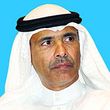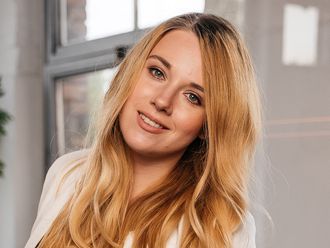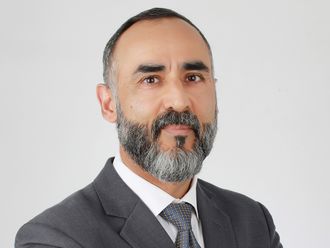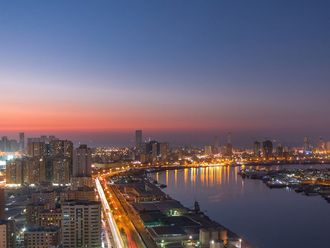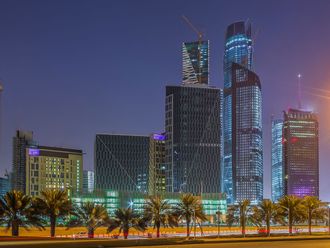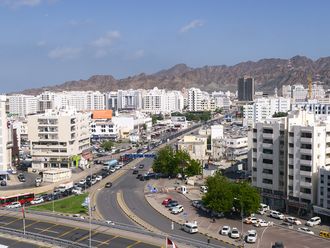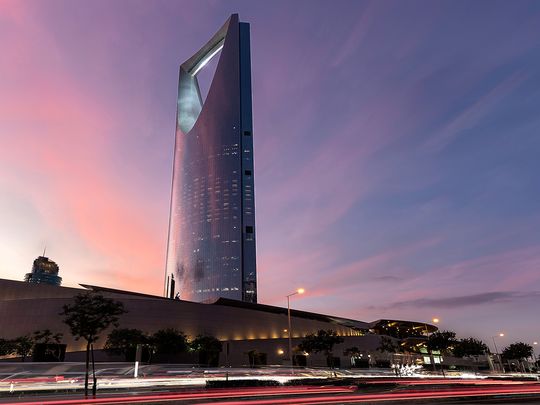
The GCC states are taking significant strides to merging their financial and industrial institutions and create ‘giga’ economic entities capable of competing in domestic and global markets.
As part of this approach, Saudi Ma’aden acquired Sabic's 20.62% stake in Aluminium Bahrain (Alba) in an effort to create an even larger aluminium company, potentially by coordinating or merging operations with Aluminium Ma'aden. Notably, Abu Dhabi-based Emirates Aluminium (Emal) had previously merged with Dubai Aluminium (Dubal), leading to Emirates Global Aluminium, which has become one of the largest aluminium producers globally and which has yielded several positives.
Alba was established more than 50 years ago as the first aluminium production company in the region. It has rich experience in the production and marketing of this vital commodity, and Alba’s strengths will add to the financial and industrial capabilities of Saudi Ma'aden, creating an integration that will further bolster the aluminium industry in the GCC countries. This integration enhances the region’s position as one of the largest and most important aluminium producers in the world.
One of the outcomes of this move are the various downstream possibilities for aluminium products, which are in high demand locally and overseas. This will lead to an integrated aluminium industry, creating further job opportunities, boosting the growth of the industrial sector and increasing its contribution to the GDP of both countries.
Investors are taking note
This approach will lead to reducing production costs and providing raw materials, including energy sources, at competitive tariffs, enhancing the entity’s competitiveness. Its anticipated listing on the Saudi Tadawul alongside its current listing on the Bahrain Stock Exchange will further encourage investors to acquire its shares. This is evident from the significant rise in the stock prices of Ma'aden and Alba following the announcement.
On the financial sector front, Al Salam Bank is seeking to gradually become the largest bank in Bahrain with a joint UAE-Bahrain ownership after a series of acquisitions, the most recent being the takeover of Kuwait Finance House’s (KFH) operations in Bahrain. In turn, KFH had previously acquired Ahli Bank’s operations, marking another collaboration between Kuwait and Bahrain institutions.
These are just a few examples of the GCC’s approach where M&A between its institutions are expected to increase. This will likely help connect the interests of the public and private sectors in the GCC and contribute to overcoming some of the obstacles that hinder the completion of the GCC Common Market, which has been pending for several years.
Reduce inter-GCC gaps
It will also contribute to bridging the existing disparities between certain regulations within the GCC, which too has hindered the creation of the common market. There is no more effective way to bring views closer than linking economic and commercial interests, as well as the creation of large financial, commercial, and industrial companies and institutions.
This will have a powerful impact on GCC economies and increase their competitiveness.
The merger approach will also help open up opportunities for advanced training centres, thanks to the extensive resources that will emerge from such economic entities. Consequently, more opportunities will be created for the growing pool of skilled workers and specialists in the GCC.
Apart from bilateral efforts, there is potential for multilateral approaches. The GCC’s Secretariat General can also present merger initiatives to the public and private sectors. This would serve as a vital component of the Secretariat General's economic administration, with the possibility of leveraging specialised institutions to support these initiatives.
Such actions would deepen this promising GCC approach to development and pave the way for the GCC Common Market.


